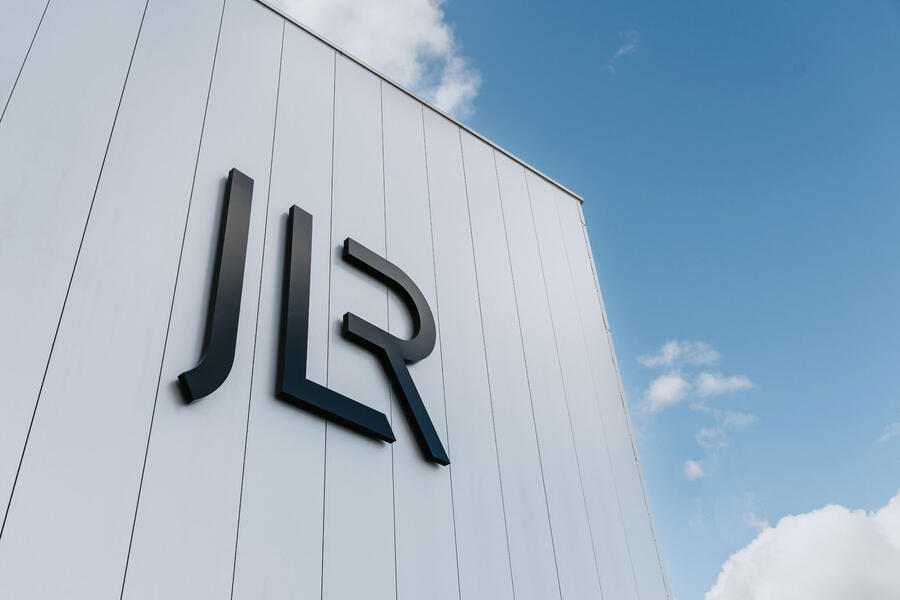JLR is now also able to digitally sell and register new vehicles (it was previously doing the latter via telephone to the DVLA), as its financial system has been brought back online.
Its statement concluded: “These are important initial steps as our dedicated teams work around the clock alongside cybersecurity specialists, the UK government’s NCSC [National Cyber Security Centre] and law enforcement to ensure we restart in a safe and secure manner.”
Even if JLR is able to start resuming production on 1 October, getting all its engine and car lines up and running could take months. The firm will have lost at least a full month of vehicle production.
The impact on volumes will be made clear when the company releases its production numbers for the quarter, but in the three months to the end of September last year, it produced more than 80,000 cars.
The effect could be costing JLR up to £5 million a day, business economics professor David Bailey has told Autocar.

Worry for employees
Since the cyber attack, the majority of JLR’s employees have been off work, with lost hours being banked.
Union Unite said last week that employees within the supply chain are being told to apply for Universal Credit as they are moved onto reduced or zero-hours contracts by employers battling to stay afloat.
Earlier reports suggested that some suppliers “will go bust” as a result of the ongoing issues at JLR.
Unite general secretary Sharon Graham said the union has written to the UK government demanding it set up a furlough scheme to take the pressure off suppliers by supplementing workers’ pay packets while they’re unable to do their jobs.
“Workers in the JLR supply chain must not be made to pay the price for the cyber attack,” said Graham. “It is the government’s responsibility to protect jobs and industries that are a vital part of the economy.”
Graham cited a similar scheme set up on 15 September by the Scottish government to support bus maker Alexander Dennis and said “a similar scheme for workers in the JLR supply chain [should be set up] now”.
JLR hack: what happened?
Autocar first reported issues affecting JLR on 1 September, when dealers couldn't register new cars on 'new plate day' , traditionally one of the year's busiest for registrations.
In an effort to combat the hack, JLR began “shutting down our systems” on 2 September.
It's still in the process of rebuilding them and is unabel to confirm a timescale for the fix.
The hack has left JLR incapacitated. No cars have been produced globally since, leading to millions of pounds of lost income.
The extent of the issues meant JLR brought police and cybersecurity experts in to “restart our global applications in a controlled and safe manner”.
During this process, which included an investigation, it was discovered that "some data" was "affected", said JLR. Those affected will be contacted, said the firm.
It's not officially known what data was taken or if a ransom demand has been made, but it is thought it most likely involves customer data given the involvement of the police.
.png)




